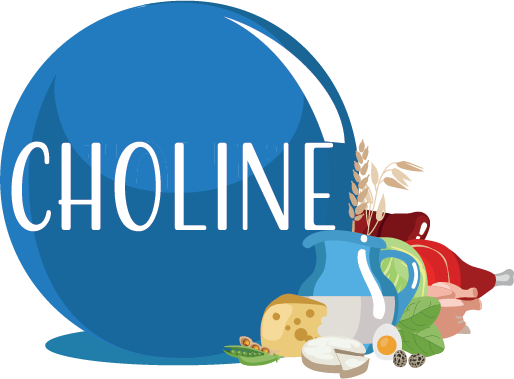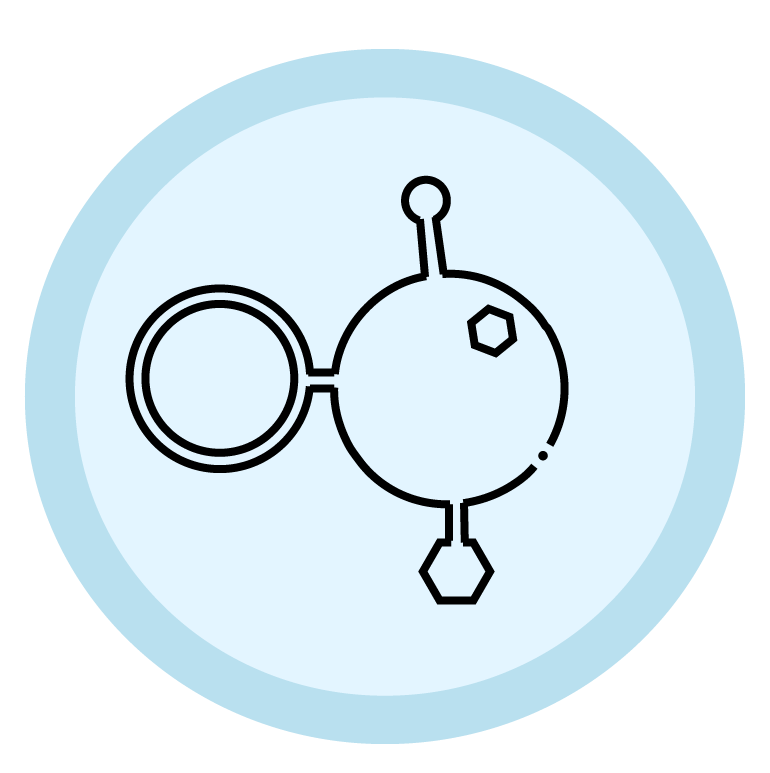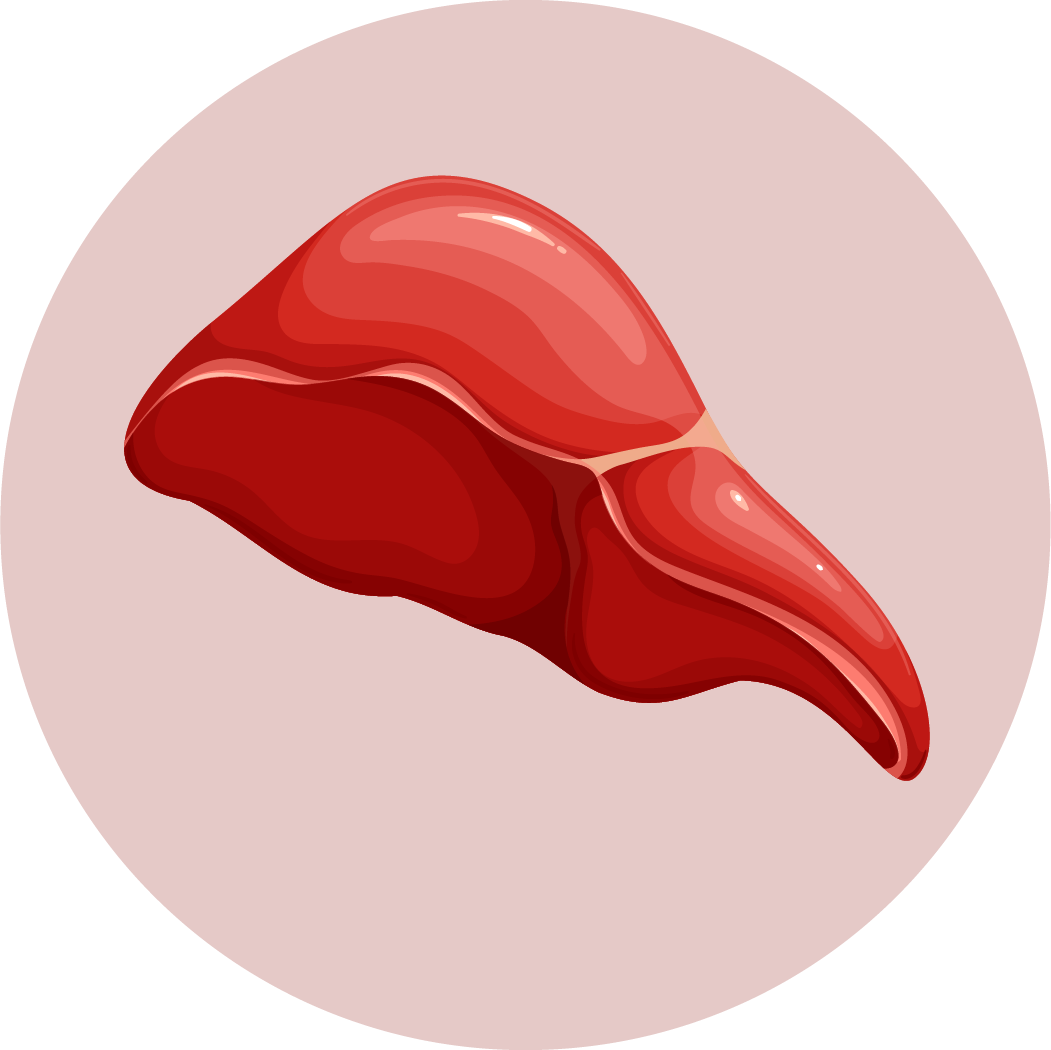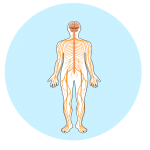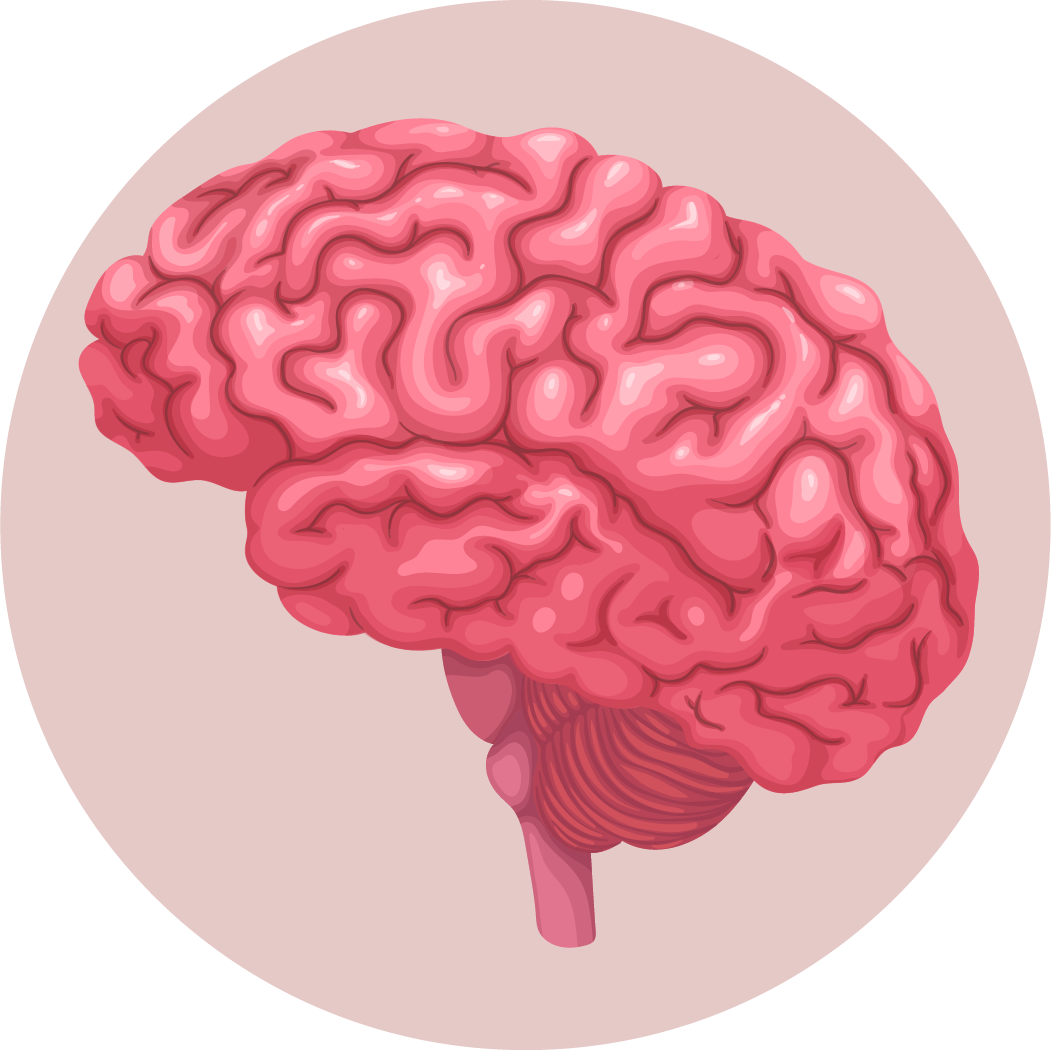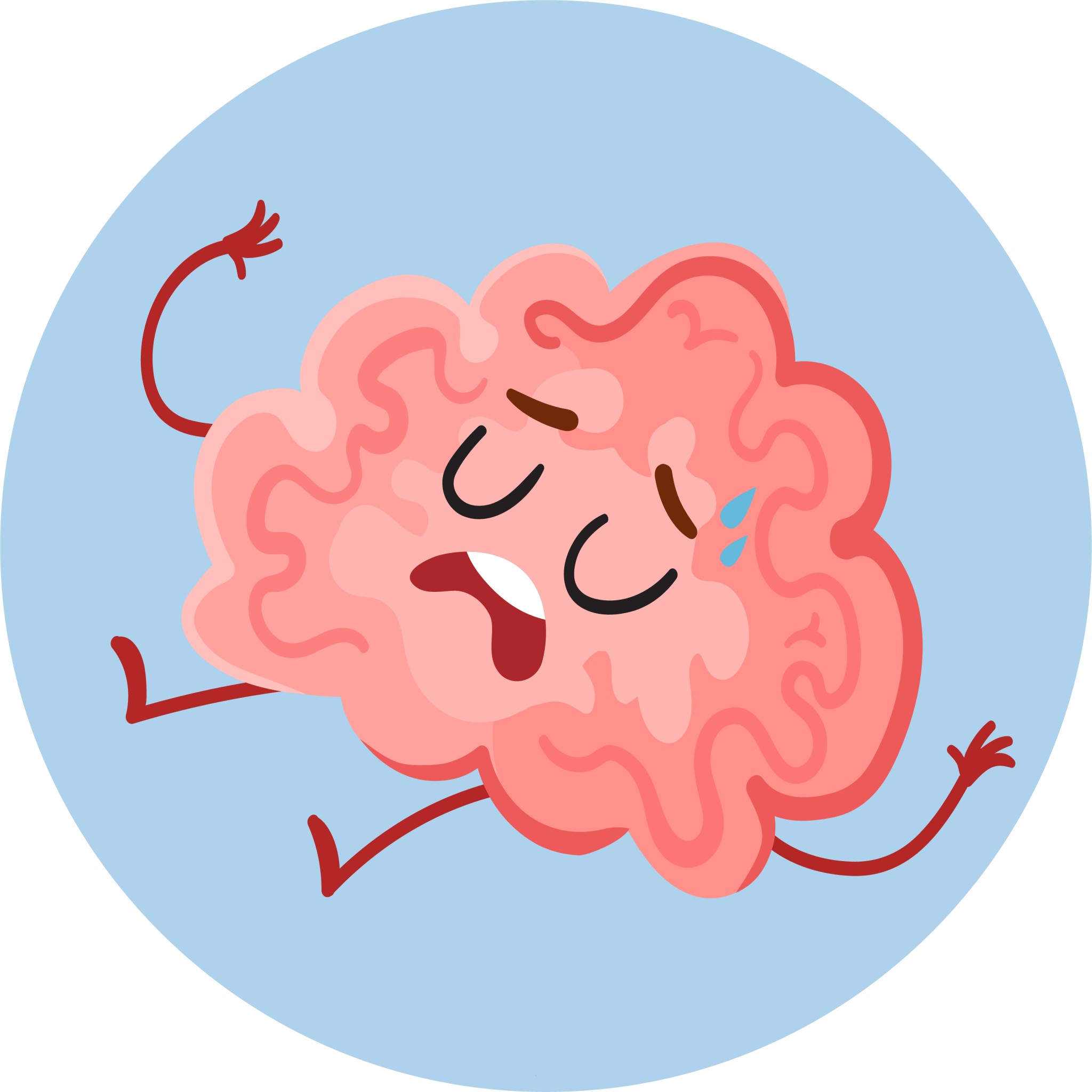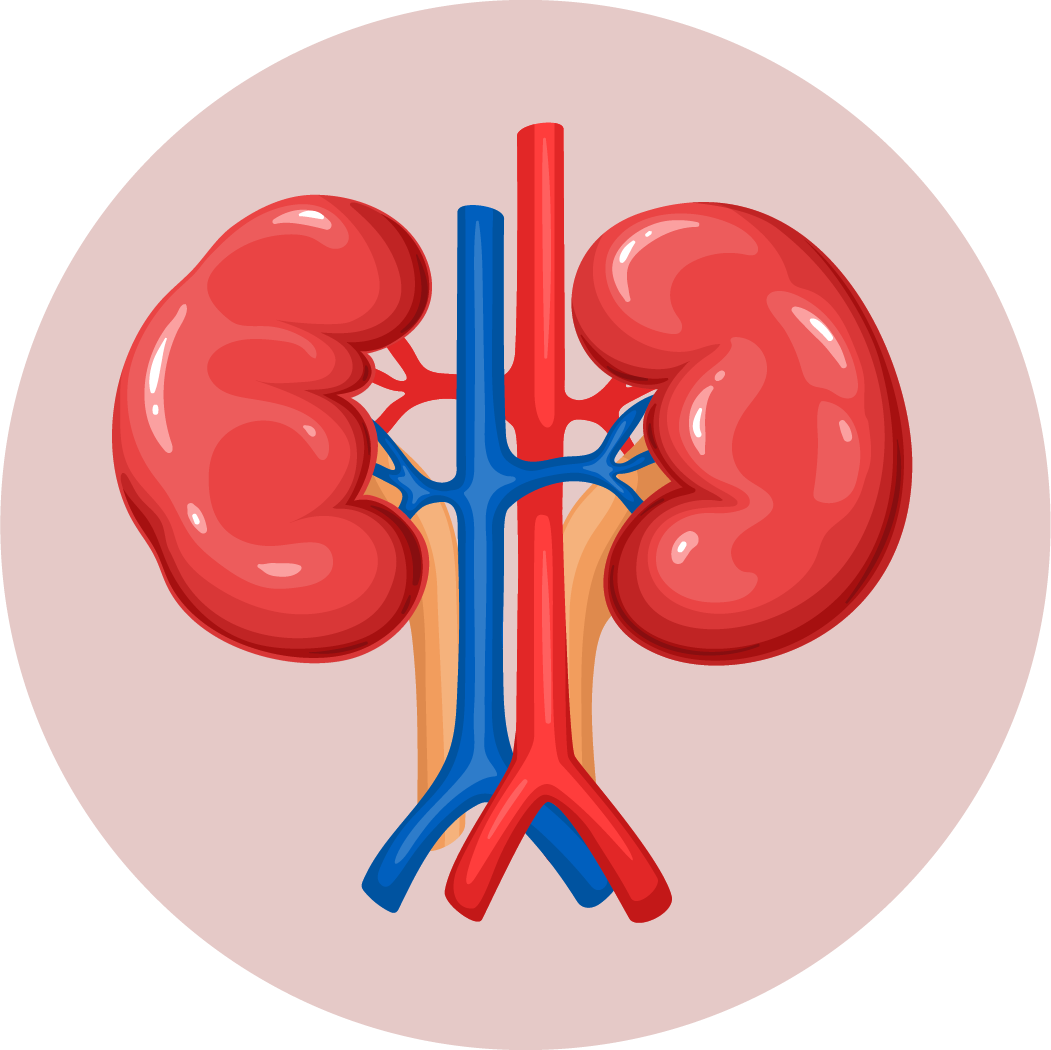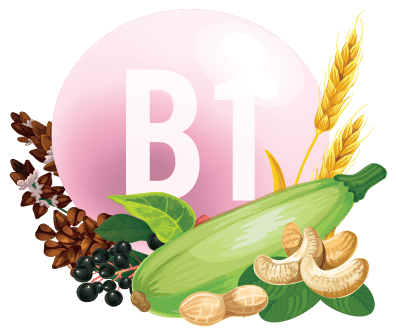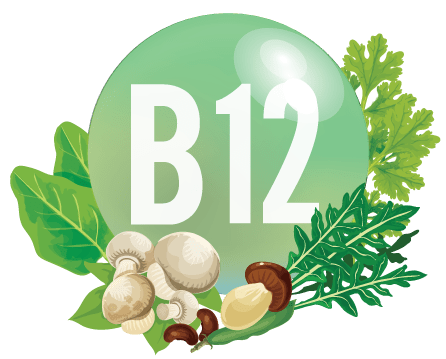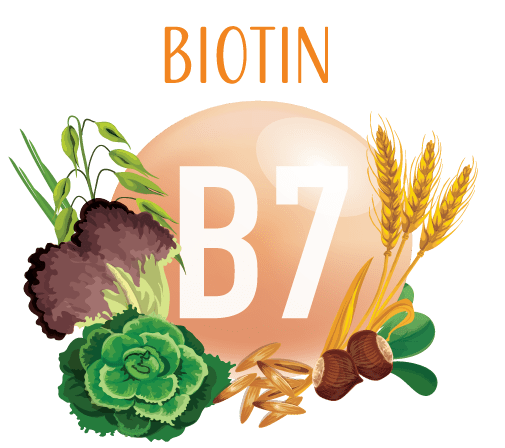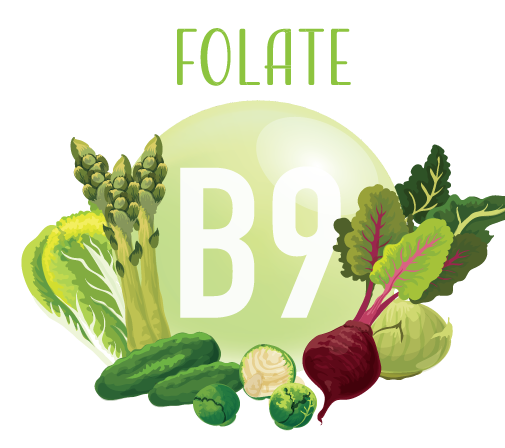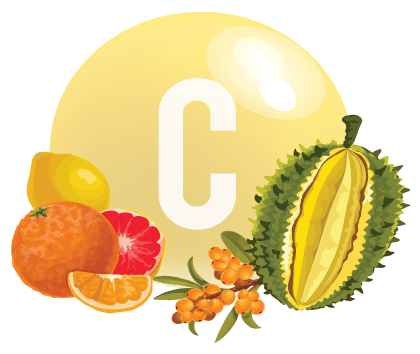Choline is a vital nutrient that performs various essential functions in our body. It is a water-soluble vitamin-like compound crucial to maintaining our overall health. Choline is necessary to produce several important compounds, such as phosphatidylcholine and sphingomyelin, which are the primary components of cell membranes.
Phosphatidylcholine is essential for synthesizing lipoproteins, which help transport cholesterol and other lipids in our bloodstream. It also plays a crucial role in fat metabolism in our liver and regulating cell signaling pathways. Similarly, sphingomyelin is another vital component of cell membranes that helps maintain our cells’ structure and function.
